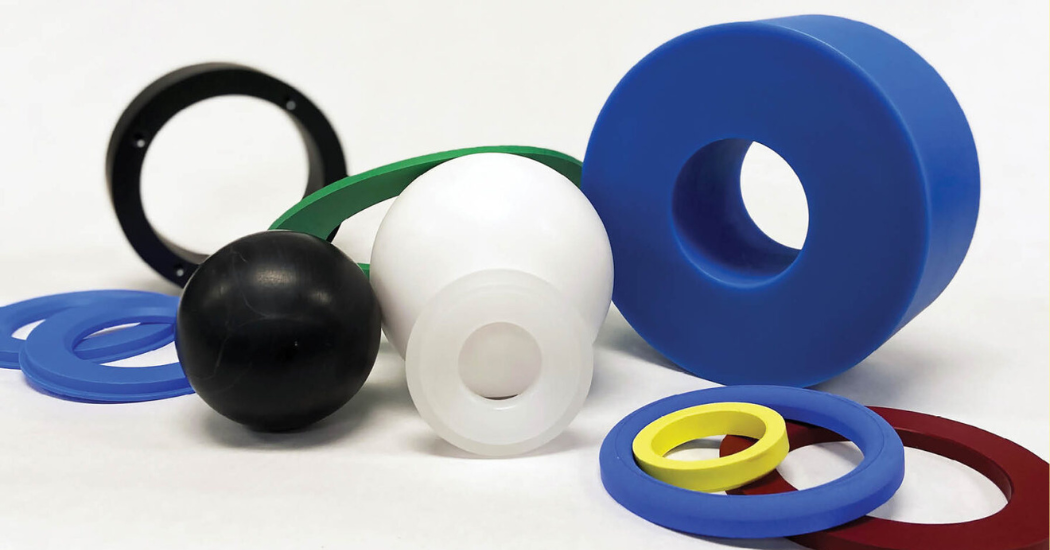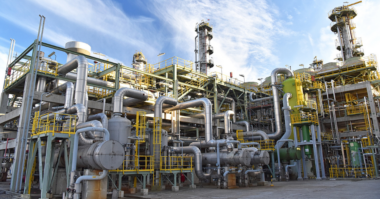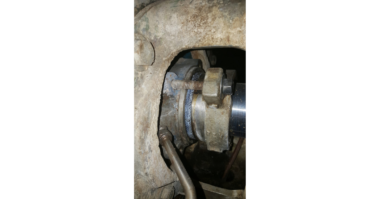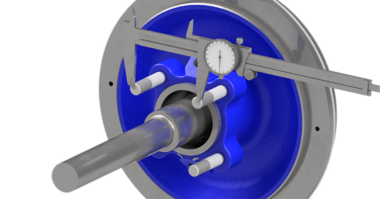From industrial plants to municipal water systems, valves are a vital part of managing liquid and gas flow. Given the critical functionality of valves, ensuring a proper seal becomes paramount to prevent leakages, maintain pressure integrity, and guarantee safe operations. Here’s where high-performance plastics come into play. These plastics, known for their durability, resilience, and chemical stability, offer an array of advantages when utilized in valve sealing applications.
Nature of High-Performance Plastics
High-performance plastics are engineered polymers that can maintain their structural integrity and mechanical properties in extreme conditions such as high temperatures, aggressive chemicals, and abrasive flows. Examples include PTFE (Polytetrafluoroethylene), PEEK (Polyether ether ketone), and PVDF (Polyvinylidene fluoride), among others.
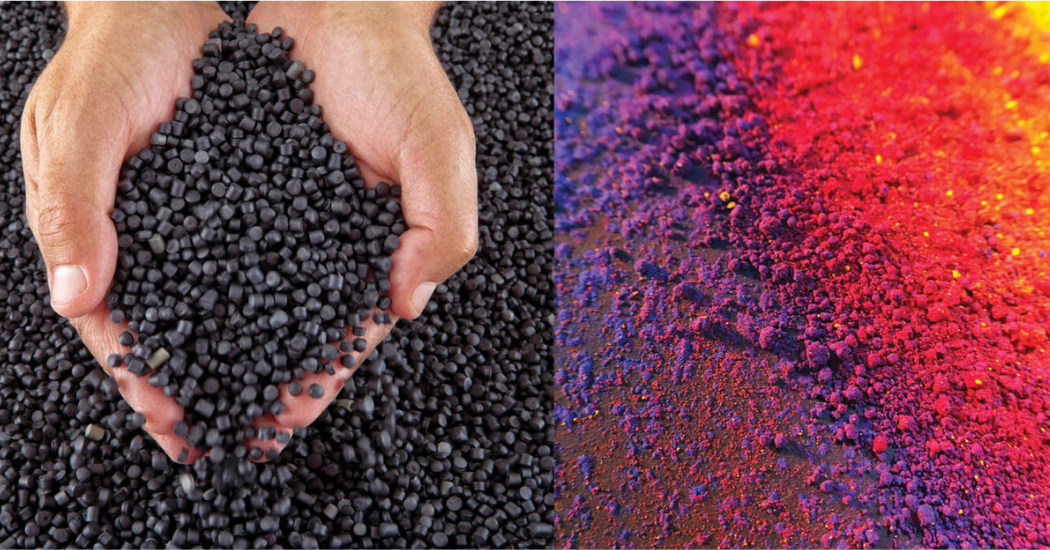 Advantages in Valve Sealing
Advantages in Valve Sealing
- Temperature Resistance: Many high-performance plastics can withstand elevated temperatures without melting or degrading. This makes them suitable for valves used in high-temperature processes such as steam lines or chemical reactors.
- Chemical Resistance: Valves often come into contact with aggressive chemicals, especially in industries like chemical processing or wastewater treatment. High-performance plastics resist corrosion and chemical degradation, ensuring the valve’s seal remains uncompromised even after prolonged exposure.
- Wear and Friction: These plastics exhibit low friction coefficients, which is vital for moving parts in valves. A low-friction seal minimizes wear, reduces operational torque, and ensures the valve remains functional for extended periods without frequent maintenance or replacement.
- Flexibility and Conformity: While they are tough, high-performance plastics can conform to irregular surfaces, ensuring a tight seal even in valves with slight imperfections.
- Bio-compatibility: In sectors such as pharmaceuticals and food processing, the materials used must not contaminate the product. Certain high-performance plastics meet these stringent standards, making them ideal for sealing valves in these industries.
Applications
Valves sealed with high-performance plastics find applications across a spectrum of industries:
Oil and Gas: For regulating flow and ensuring safety in pipelines or refining processes.
Chemical Industry: In the processing and transfer of aggressive and corrosive chemicals.
Pharmaceuticals: In clean environments where contamination must be avoided.
Food and Beverage: Where hygiene is paramount, and the materials used must not leach or contaminate.
Power Generation: Particularly in systems involving steam or cooling processes.
The adoption of high-performance plastics in valve sealing underscores the quest for efficiency, safety, and longevity in industrial operations. As industries continue to evolve and present new challenges, these advanced materials stand poised to address them, reinforcing the importance of innovation in sealing technology.

